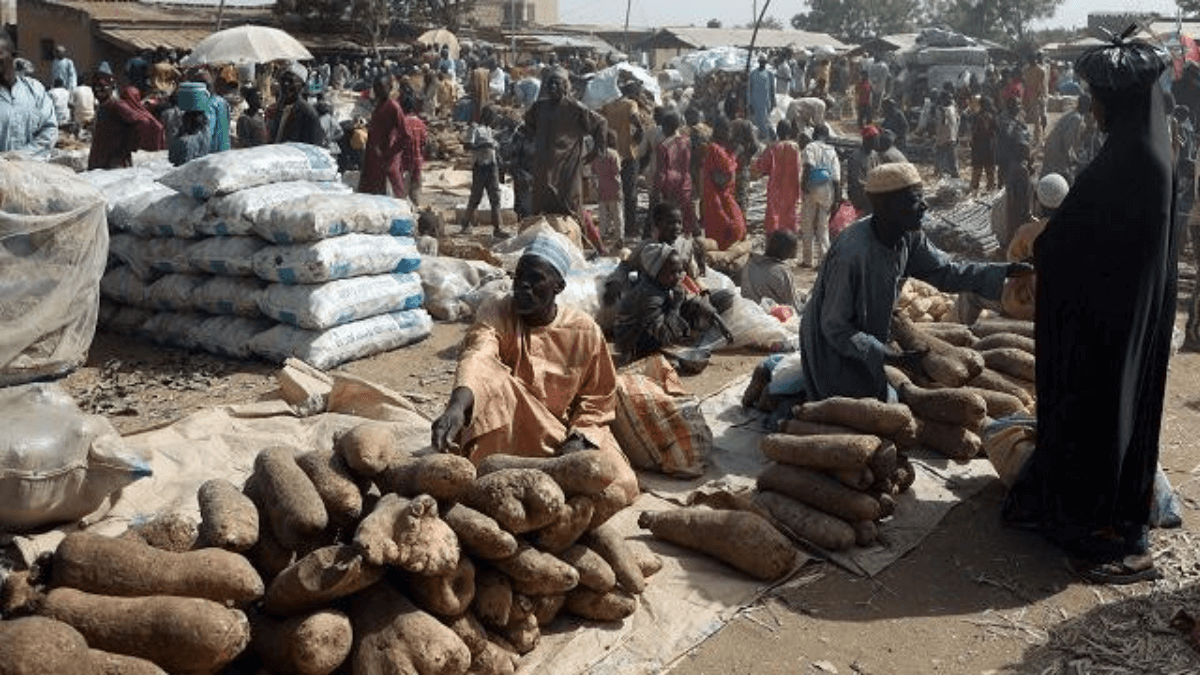News in brief:
– Nigerian farming groups warn of an impending food crisis in 2025 due to macroeconomic instability, insecurity, and climate change.
– It calls for collective action for food sufficiency and reveals plans to unite farmers, stakeholders, and the government in revitalising Nigeria’s food system.
The All Farmers Association of Nigeria (AFAN) has sounded the alarm over an impending food crisis in 2025, attributing the threat to macroeconomic instability, currency volatility, insecurity, and the effects of climate change.
AFAN’s National President, Kabir Ibrahim, issued the warning in a New Year message, urging Nigerians to brace for tough times while emphasising the need for collective efforts to achieve food sufficiency.
“Nigeria is on the brink of a major catastrophe of food insecurity if extreme care is not taken,” Ibrahim cautioned. “Food inflation remains at an all-time high of 39.93%, signalling extreme hunger for many Nigerians.”
Call for unified action
Kabir Ibrahim, who also heads the Nigeria Agribusiness Group (NABG), stressed the importance of collaboration among stakeholders, farmers, and the government to address the nation’s growing food challenges.
“We must coalesce as stakeholders with the government to free Nigeria from the stranglehold of hunger and poverty. Working as a unified body with common goals is essential,” Ibrahim stated.
To this end, the NABG plans to convene a Presidential Round Table, bringing together smallholder farmers (SHFs), private sector players, and government ministries to reinvigorate Nigeria’s food system.
A path toward food security
Ibrahim outlined an ambitious but achievable strategy to make Nigeria semi-food sufficient by the end of 2025, with medium-term goals set for 2027 and full food security by 2030.
“Through collective resolve, we can extricate our country from these existential challenges and ensure a sustainable food future,” he said.
AFAN’s call comes as a wake-up call to all Nigerians, urging immediate action to safeguard the country’s agricultural and economic stability.



